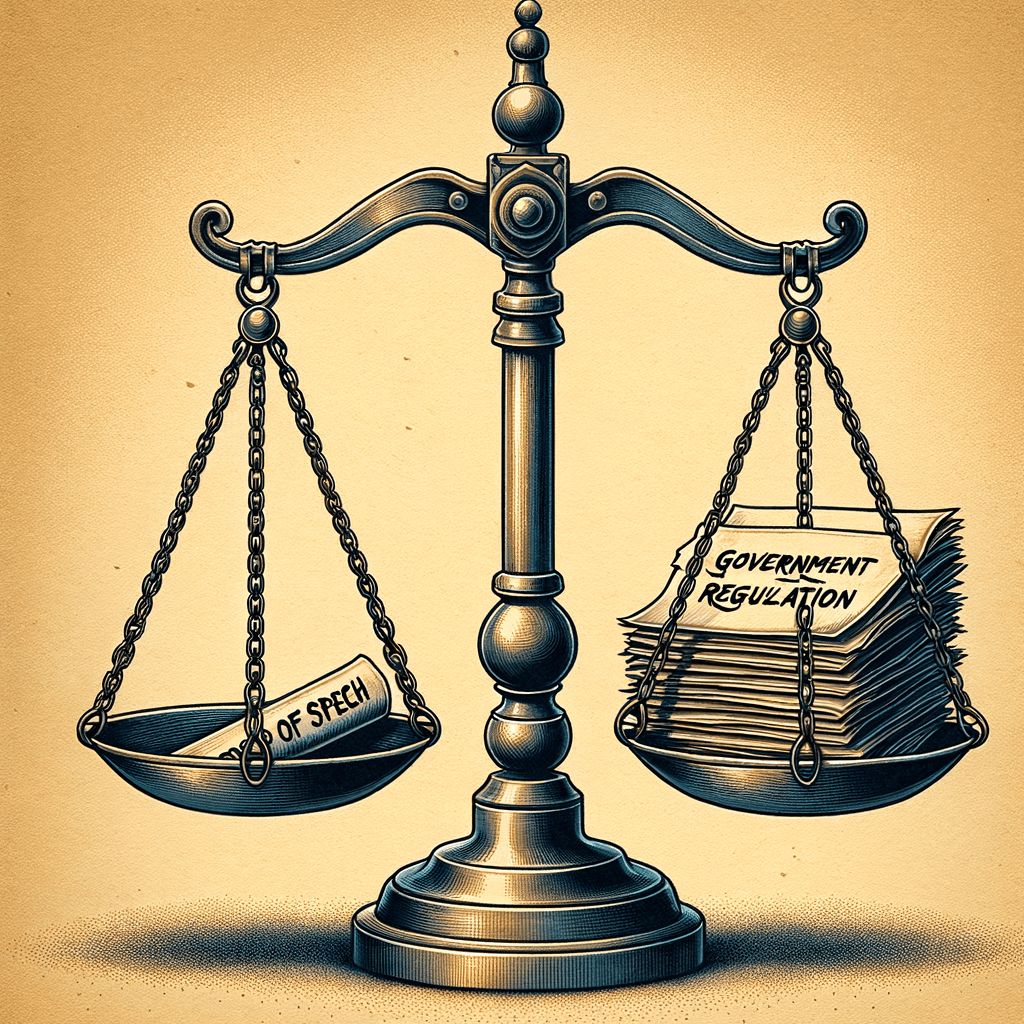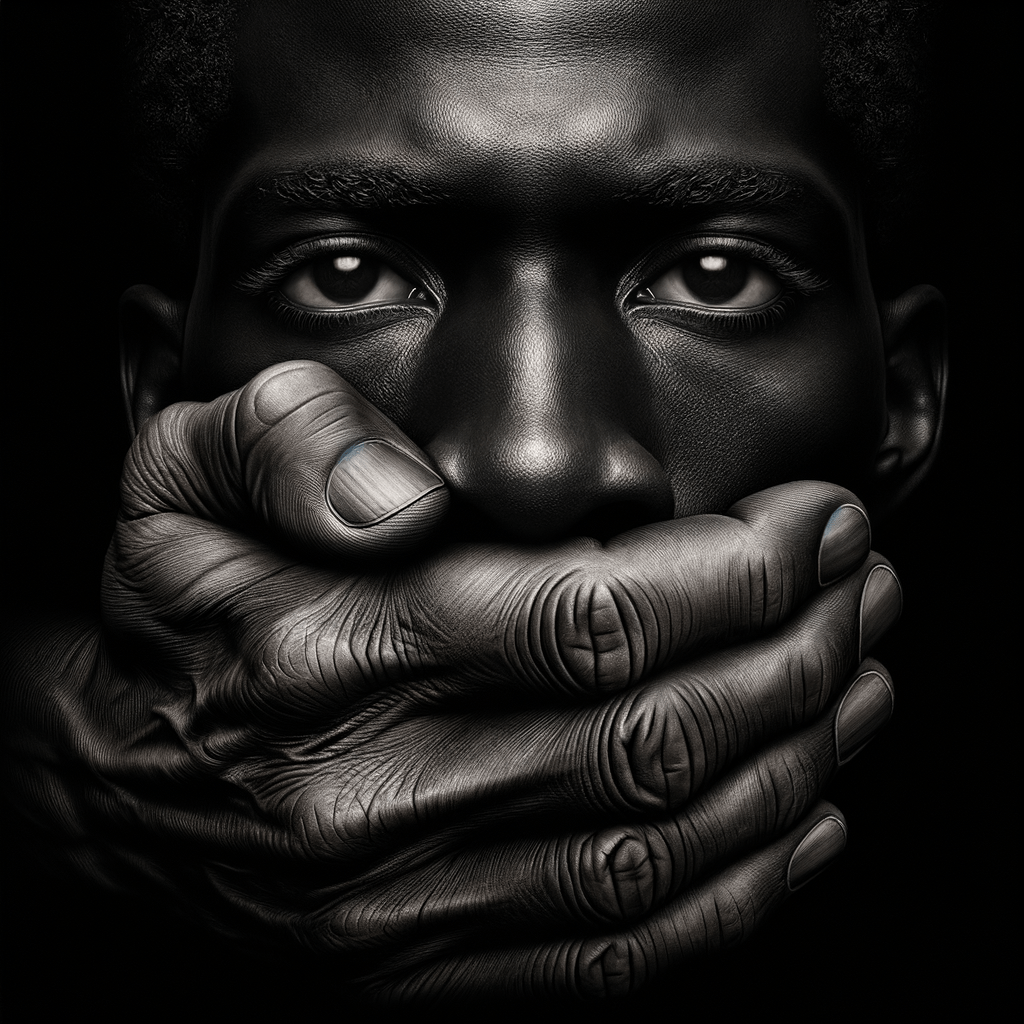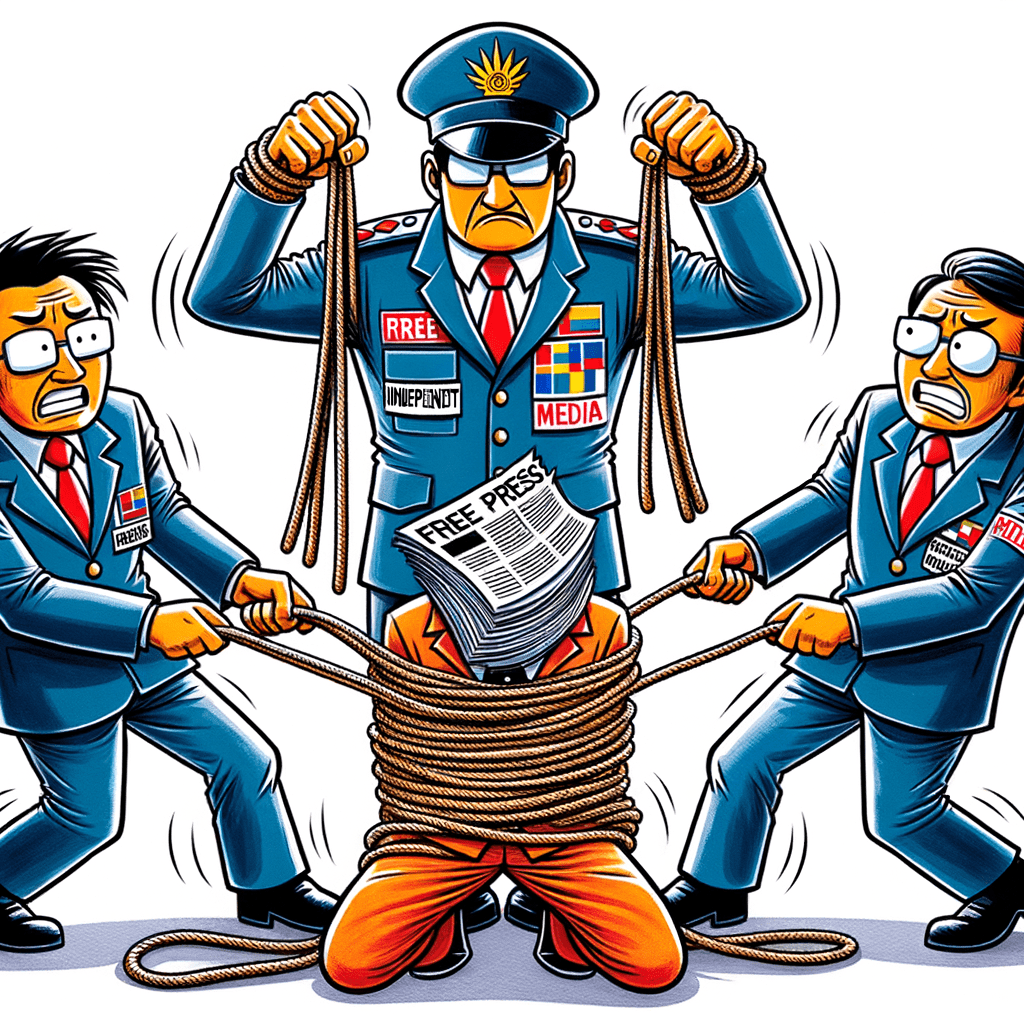 As staunch defenders of freedom, we cannot ignore the recent concerning developments around the world regarding the push to regulate and control online discourse under the guise of combating misinformation. From proposed legislation in the European Union in 2024 to government initiatives in Spain, there are alarming trends that threaten our fundamental rights to free expression. In this blog post, we will examine these issues in detail, provide relevant references and sources, and share our perspective on the gravity of the situation and the need to defend our liberties.
As staunch defenders of freedom, we cannot ignore the recent concerning developments around the world regarding the push to regulate and control online discourse under the guise of combating misinformation. From proposed legislation in the European Union in 2024 to government initiatives in Spain, there are alarming trends that threaten our fundamental rights to free expression. In this blog post, we will examine these issues in detail, provide relevant references and sources, and share our perspective on the gravity of the situation and the need to defend our liberties.
The EU’s Plans to Access Private Data
In 2024, the European Union is seeking to pass new laws that would grant authorities access to private data from messaging and social media apps. This means the government could potentially monitor our private communications under the pretext of fighting misinformation. According to recent reports, the EU held a preparatory meeting for the G20 Summit in early 2024 where the topic of misinformation and information integrity were on the agenda, suggesting a coordinated global effort to control online discourse.

Apps like WhatsApp, Telegram, and even X (Twitter) could be forced to comply with these new regulations or face suspension. This represents a grave violation of our privacy and freedom of speech, as we would effectively be censored or monitored by the state for what we say online.
As economic analyst Marc Vidal has warned, “This is the fulfillment of the roadmap designed in 2016 in the UK and efficiently applied in 2021 in the United States.” According to Vidal, the UK government created a roadmap in 2016 that aimed to establish a framework for regulating online content and combating “fake news.” This initiative was later picked up by the European Union, which has now proposed its own set of laws to address the issue of misinformation, often in the context of the COVID-19 pandemic. The EU’s involvement suggests a broader, international effort to control the flow of information online, even as the pandemic situation has evolved.
The “Democratic Regeneration” Plan in Spain
In Spain, the government has proposed last week a “Democratic Regeneration” plan that, upon closer inspection, seems aimed at tightening control over the media and information landscape. While the plan claims to increase transparency and accountability, it includes several measures that raise significant concerns. According to economist Juan Ramon Rallo, the most worrying aspect of the plan is found in the third block of measures, which are supposedly aimed at “strengthening the transparency, plurality, and responsibility of the information ecosystem.” It is in this section that the plan proposes initiatives that could represent grave threats to press freedom and freedom of expression:
-
Reform of Organic Law 1/1982 on the right to honor, privacy, and one’s own image. This could allow politicians and officials to sue journalists and media outlets for unfavorable information, with the risk of economic sanctions that could ruin the outlets.
-
Reform of the articles of the Criminal Code relating to offenses of offense to institutions and religious feelings. While decriminalizing these offenses would be positive, it could also lead to an aggravation of so-called “hate crimes,” limiting criticism of certain ideologies.
-
Creation of a registry of media outlets that would require revealing the identity of their owners and shareholders. This could deter private investors from financing certain editorial projects out of fear of retaliation.
-
Reduction of public funding for “non-aligned” media outlets, while allocating 100 million euros in aid for the digitalization of media aligned with the government. This would constitute discrimination and a form of indirect control over the information ecosystem.
-
Granting the National Commission of Markets and Competition the ability to officially label certain media as “pseudo-media,” depriving them of the prerogatives and guarantees of professional journalists.
 According to Rallo’s analysis, these measures “point to greater political control over the media and the information circulating in the public sphere, which would constitute a serious threat to press freedom and freedom of expression in Spain, fundamental pillars of a healthy democracy.” The timing of this plan, in the context of growing international efforts to regulate online discourse, raises significant concerns about the erosion of democratic principles in Spain.
According to Rallo’s analysis, these measures “point to greater political control over the media and the information circulating in the public sphere, which would constitute a serious threat to press freedom and freedom of expression in Spain, fundamental pillars of a healthy democracy.” The timing of this plan, in the context of growing international efforts to regulate online discourse, raises significant concerns about the erosion of democratic principles in Spain.
The Global Push to Combat “Disinformation”
Worryingly, this trend is not limited to Spain or the EU. According to the World Economic Forum’s Global Risks Report 2024, “disinformation” has been identified as the top global risk facing society. This suggests that there is a coordinated international effort to establish frameworks and policies to police online content and decide what information is “true” or “false.” However, history has shown that those in power often seek to suppress dissenting views and uncomfortable truths under the guise of fighting misinformation.

Recent documents published by organizations like the American First Legal Foundation, Big Brother Watch, and the Free Speech Foundation reveal the existence of a secret meeting in 2021 between the U.S. National Security Council and the United Kingdom’s Counter Disinformation Unit. In this meeting, they discussed strategies to censor discourse related to the health crisis, and how to apply those methods to other areas. This raises serious concerns about the erosion of our fundamental rights and the potential for global censorship under the pretext of combating misinformation.
My Personal Perspective
As a concerned citizen, I am deeply troubled by these developments. I do not want to live in a world where the government and unelected global elites dictate what information I can access and what opinions I can express. I am a grown adult, and I should have the freedom to make my own decisions, even if I make mistakes. Censorship and thought control are the hallmarks of totalitarian regimes, not free societies.
Moreover, I question the motivations behind the obsession with combating “misinformation.” Is it not possible that those in power are simply afraid of having their actions and policies scrutinized and challenged? Are they more concerned with maintaining their narrative and controlling the narrative than with actually addressing the pressing issues facing our society, such as economic hardship, inequality, and declining living standards?
 I believe that the true risk to our freedom and democracy lies not in the free exchange of ideas, but in the attempt to suppress and control that exchange. We must remain vigilant, educate ourselves and others on media literacy and critical thinking, and support independent voices and outlets that are not beholden to the agendas of the political and corporate elite.
I believe that the true risk to our freedom and democracy lies not in the free exchange of ideas, but in the attempt to suppress and control that exchange. We must remain vigilant, educate ourselves and others on media literacy and critical thinking, and support independent voices and outlets that are not beholden to the agendas of the political and corporate elite.
Defending our Freedoms
The battle for freedom of expression is underway, and it is up to us to organize and resist measures that could erode our rights. We must never forget the values that have made our societies free and prosperous, and we must defend them against those who seek to control and manipulate the flow of information. The future of our liberty depends on it.
As the renowned economist Daniel Lacalle and economic analyst Marc Vidal have warned, we are facing the “mother of all battles against censorship.” It is time for us to stand up, speak out, and safeguard the fundamental rights that are the cornerstone of a truly free and democratic society.
Can we trust governments to be impartial guardians of truth? How do we strike the right balance between combating misinformation and preserving free speech? Leave your comments below, we read you!

